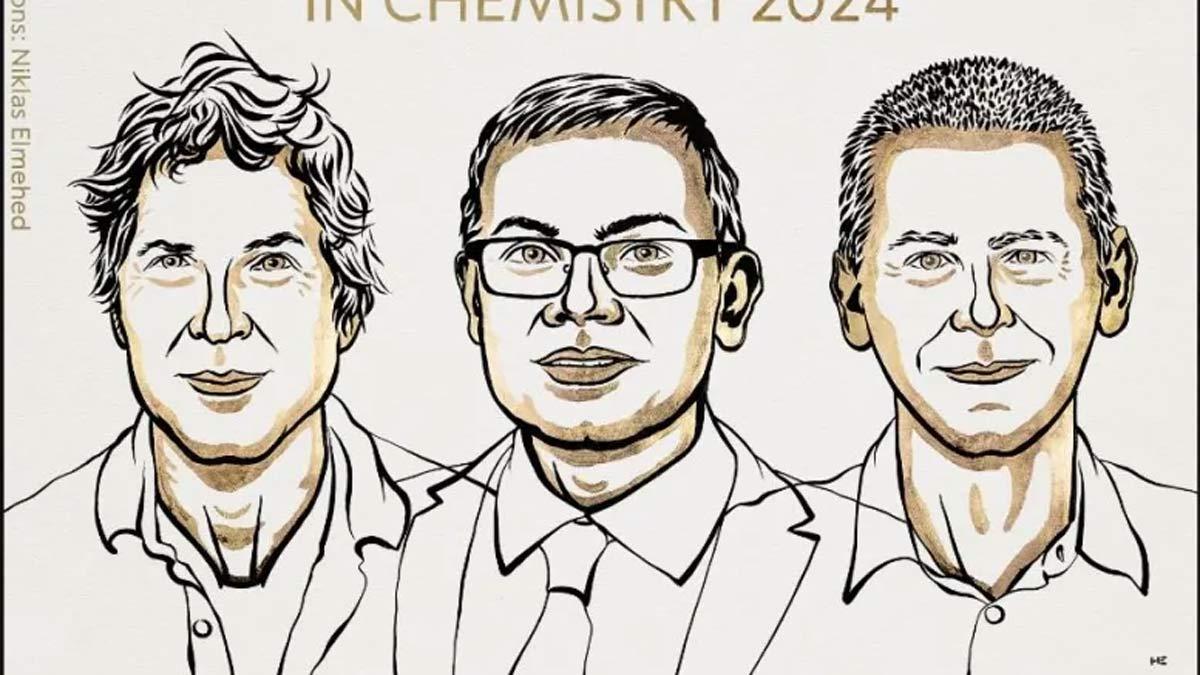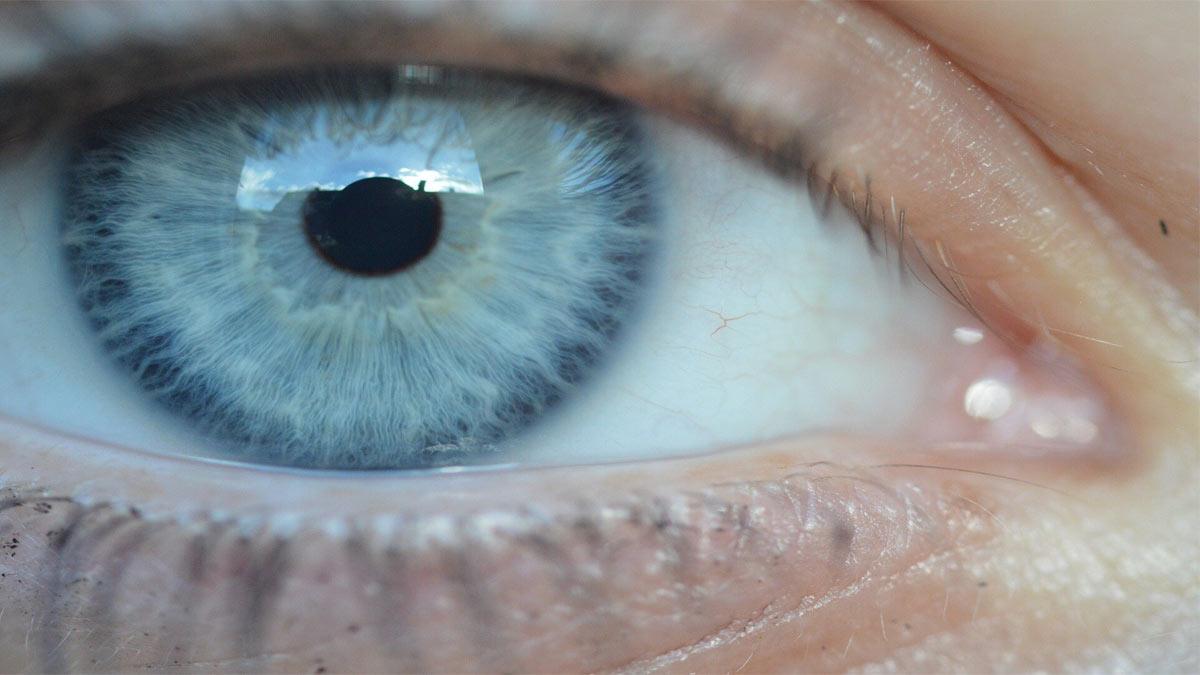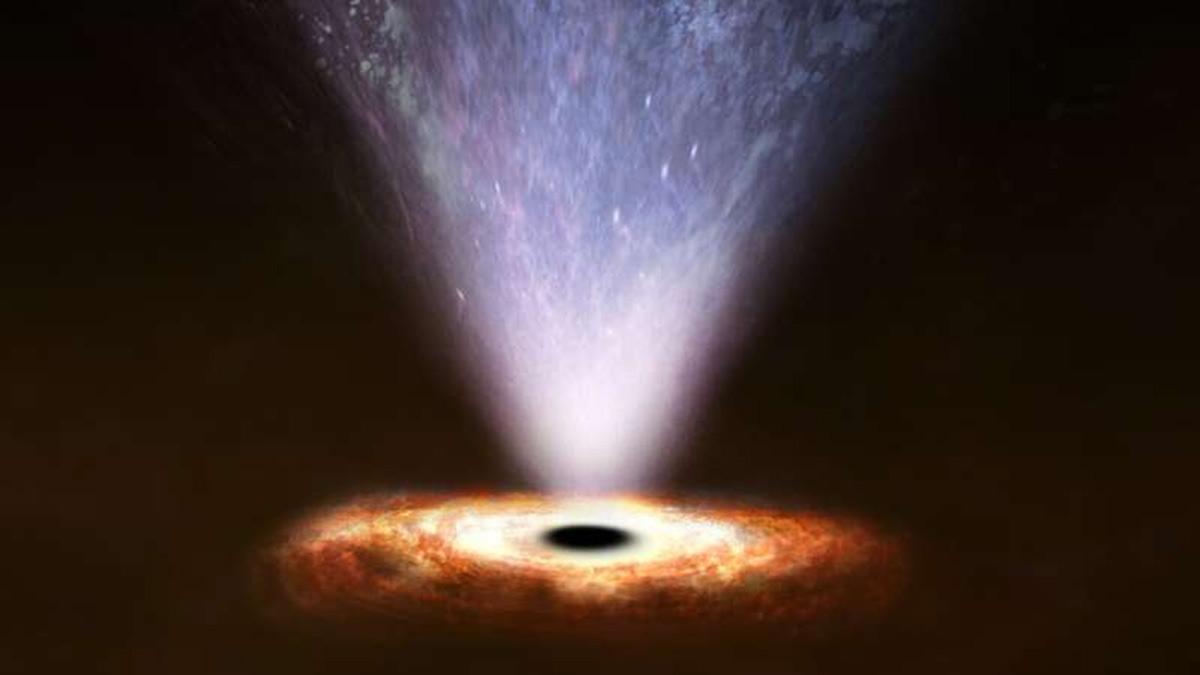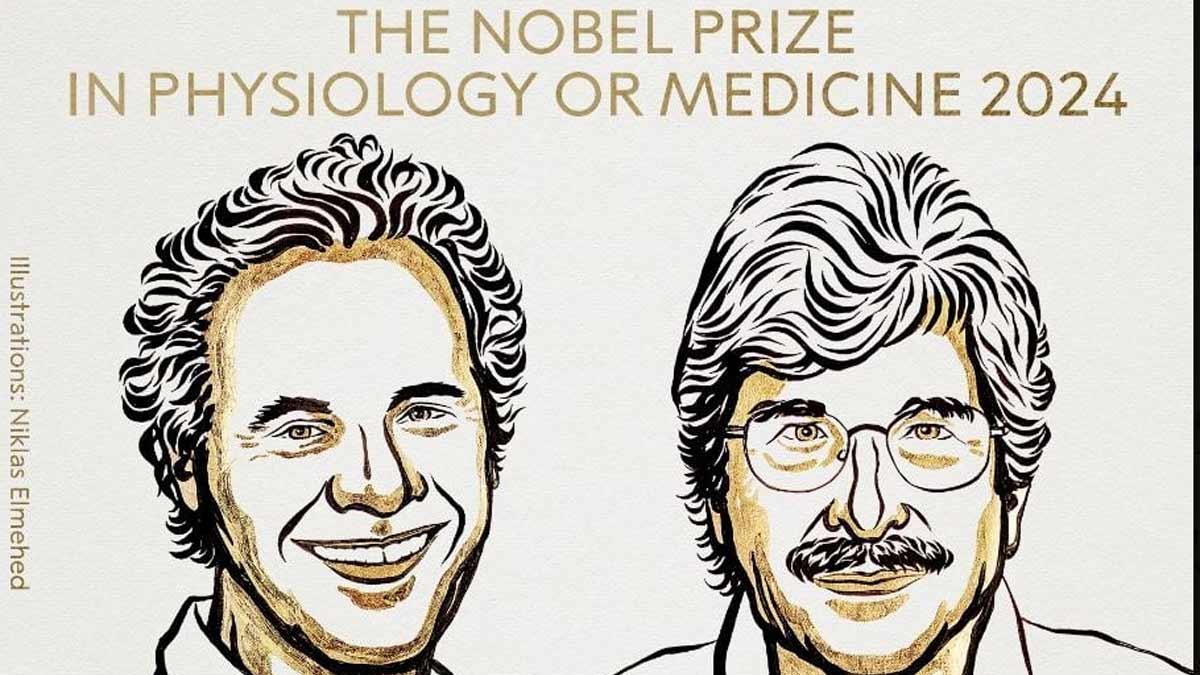On Wednesday, two scientists from Google DeepMind - Demis Hassabis and John M. Jumper - joined hands with Washington University Professor David Baker to win the Nobel Prize in Chemistry for this year, 2024. Their areas of research were in the field of designing and understanding the structure of proteins.
"The Royal Swedish Academy of Sciences has decided to award the 2024 Nobel Prize in Chemistry with one half to David Baker 'for computational protein design' and the other half jointly to Demis Hassabis and John M. Jumper 'for protein structure prediction', the Academy said on X.
Hassabis today is the chief executive of Google DeepMind in the UK and Jumper works as a lead research scientist in the same organization
While Baker from the United States succeeded in the almost impossible feat of constructing totally novel kinds of proteins, Hassabis and Jumper from the United Kingdom developed an AI model in solving a 50-year-old problem: predicting proteins' complex structures.
"The discoveries recognised this year concern the building of spectacular proteins. The other concerns realizing a dream of 50 years: to predict protein structures from their amino acid sequences. Both open vast new possibilities," said Heiner Linke, Chair of the Nobel Committee for Chemistry.
In 2003, Baker was able to design a new protein using 20 different amino acids. Since then, his research team has produced one imaginative protein creation after another, including pharmaceuticals, vaccines, nanomaterials, and tiny sensors.
It was known long ago that it would be hard to predict protein structures from amino acid sequences; this has been done since the 1970s. But in 2020, Hassabis and Jumper introduced an AI model known as AlphaFold2. AlphaFold2 — in use by more than two million people from 190 countries — had helped them predict the structure of virtually all of the 200 million proteins that researchers have identified. The breakthrough helped them understand how antibiotic resistance works, and even brought images of enzymes capable of breaking down plastic.
The discovery made by the scientists has "immense potential", according to The Academy. One half of the prize money of 11 million Swedish kronor ($1.1 million) will go to Baker, whereas the other half will be divided between Hassabis and Jumper.
Read also| US Scientists Win 2024 Nobel Prize in Medicine for Pioneering Discovery of MicroRNA


















